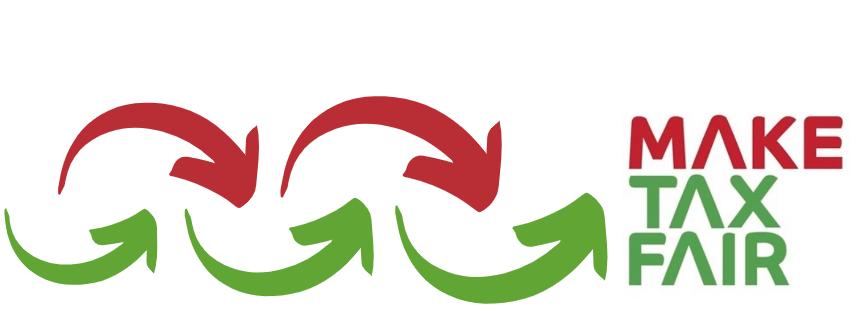
The Fair Tax Monitor was initially developed in 2015 by Oxfam and Tax Justice Network Africa (TJNA) in collaboration with partners from four pilot countries Uganda, Senegal, Pakistan and Bangladesh. Since then, we’ve consistently incorporated lessons learned to further refine the methodology. In 2019, we had our first review addressing the fact that since the project’s initiation and early years discussions and challenges related to fair taxation had significantly evolved. Consequently, we focused on enhancing the gender assessment within the FTM. We also expanded the government spending section and broadened the tax exemptions chapter to encompass the issue of tax competition.
In 2021, we joined the Fiscal Justice for Women and Girls project (in partnership with the EU and FEMNET). As part of this initiative, we conducted a comprehensive gender analysis of the FTM, deepening our understanding of the gender aspect of fair taxation. Our work was successfully implemented in Uganda and Zambia, where we collaborated with partners to assess each country’s context and identify key issues related to the dynamic between gender and tax systems.
Following this, we continued working with the partners to examine the context of the countries in which we operate in order to best identify the main concerns in the field of fair taxation in each specific context. This has led to two new FTM chapters.
First, in Mozambique, the extractive sector holds significant revenue potential, however there are questions as to whether there is an effective system for harnessing this potential and contributing to Mozambique’s development. Therefore, together with the partner, it was decided to include a thematic chapter on tax and extractives in the Mozambique FTM.
Secondly, in Nigeria, the number of extremely wealthy individuals is growing rapidly. In collaboration with our partners in Nigeria, we have decided therefore to prioritize the country’s ability to tax its wealthiest citizens. As a result, the Nigeria FTM, which we are currently developing, will include a dedicated chapter on “Taxing the Rich”.
These examples illustrate our intention to keep our methodology adaptable, evolving to meet the specific needs of each country and ensuring it aligns with our partners’ work.
The Mozambique research has now been finalized and we are incorporating the lessons learned into the final tax and extractives chapter in the Common Research Framework. Once this text is final we will publish it on the Fair Tax Monitor website. The Nigeria research is ongoing, however we will share the report and the final research framework in due course.
